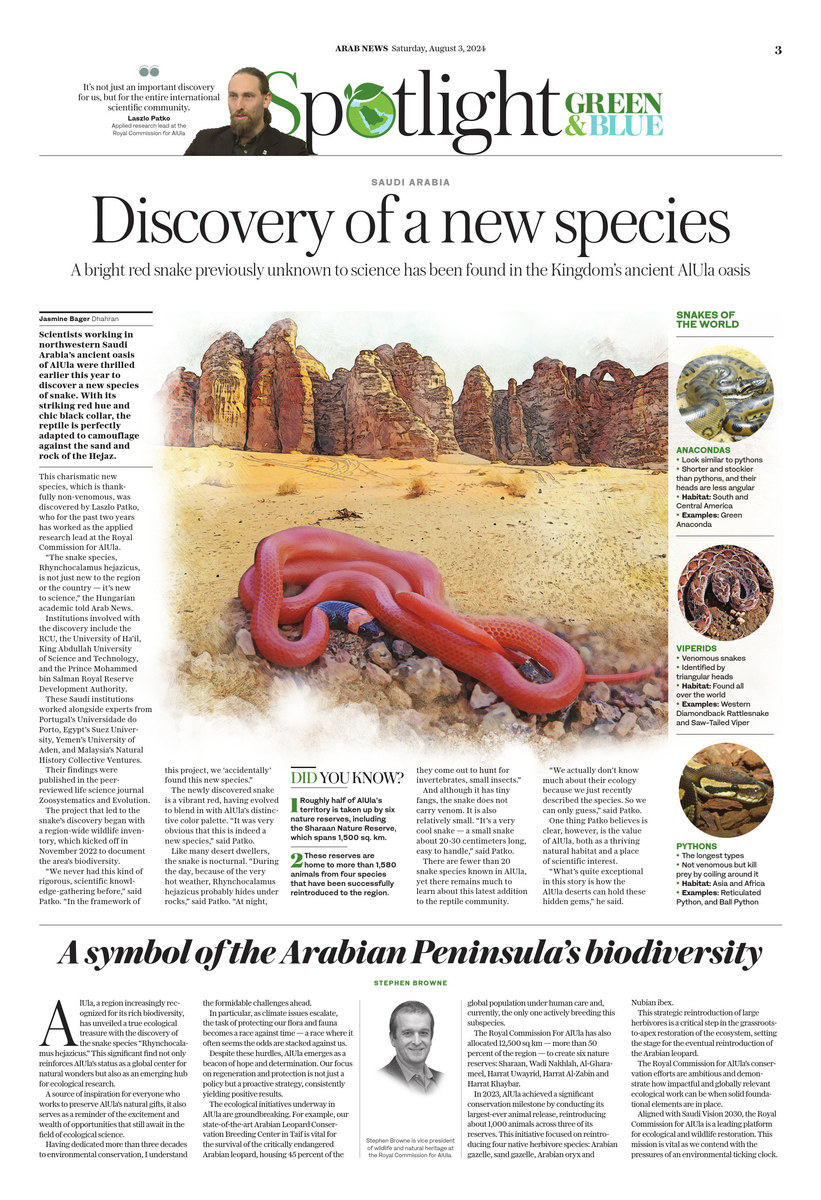DHAHRAN: Scientists working in northwestern Saudi Arabia’s ancient oasis of AlUla were thrilled earlier this year to discover a new species of snake. With its striking red hue and chic black collar, the reptile is perfectly adapted to camouflage against the sand and rock of the Hejaz.
Laszlo Patko, who for the past two years has worked as the applied research lead at the Royal Commission for AlUla, inventorying the biodiversity of the region, was part of the team that discovered the charismatic new and non-venomous species.
“The snake species, Rhynchocalamus hejazicus, is not just new to the region or the country — it’s new to science,” the Hungarian academic told Arab News.
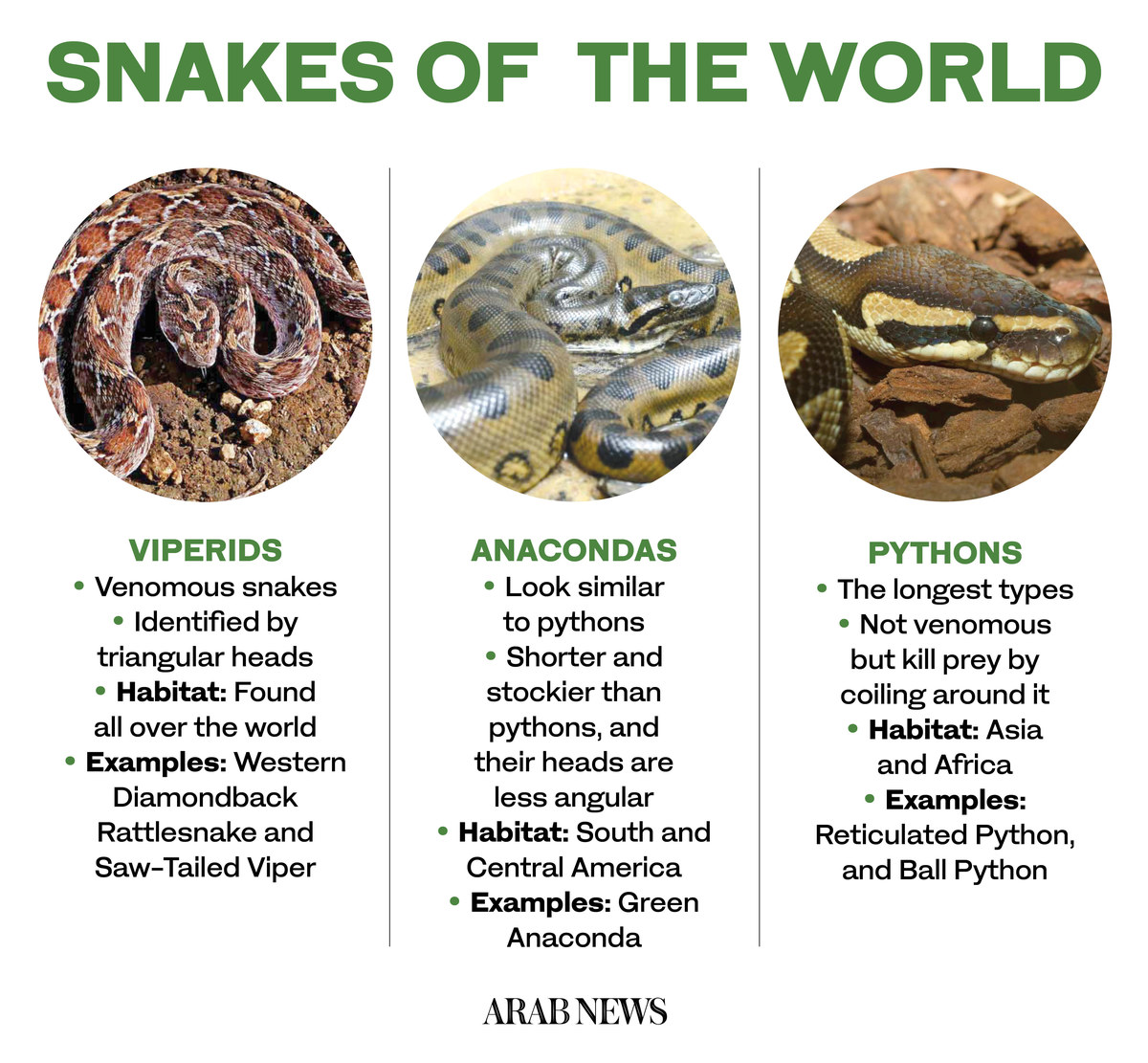
Institutions involved with the discovery include the RCU, the University of Ha’il, King Abdullah University of Science and Technology, and the Prince Mohammed bin Salman Royal Reserve Development Authority.
These Saudi institutions worked alongside experts from Portugal’s Universidade do Porto, Egypt’s Suez University, Yemen’s University of Aden, and Malaysia’s Natural History Collective Ventures.
Together with his Saudi, Czech, and Portuguese colleagues, Patko compiled the findings into a paper. Within just a matter of months, it was published in the prestigious international, peer-reviewed life science journal Zoosystematics and Evolution.

Laszlo Patko, Applied Research lead at the Royal Commission for AlUla. (RCU)
It was very, very quick, because it was a thorough, high-quality paper with substantial scientific results,” said Patko. “It was quickly accepted and published.
“For me, that was the real happiness to see that it’s not just an important discovery for us, but for the entire international scientific community.”
The published paper describes the new species as “a small, secretive snake, with distinctive coloration and a melanistic morph. The new species occurs in the northwestern Hejaz region of the Kingdom of Saudi Arabia and fills a large part of the existing distribution gap of the genus in the Arabian Peninsula.”
Stephen Browne, vice president of wildlife and natural heritage at the RCU, said the unearthing of this new species demonstrated the vital importance of the Kingdom’s conservation efforts.
“This discovery is not merely about cataloging a new species; it reflects the ongoing commitment to safeguarding the lush, diverse ecosystems of AlUla,” Browne said in a statement. “It’s a symbol of our dedication to preserving this unique oasis.
Opinion
This section contains relevant reference points, placed in (Opinion field)
A spokesperson for the RCU concurred there was clearly still much to learn about the adaptability of desert animals.
“This find is pivotal for understanding the ecological dynamics of the region and the adaptive strategies of its desert wildlife, enhancing AlUla’s reputation as a sanctuary for both historical and natural treasures,” the spokesperson said in a statement.
The project that led to the snake’s discovery began with a region-wide wildlife inventory, which kicked off in November 2022, centered around documenting the area’s biodiversity.
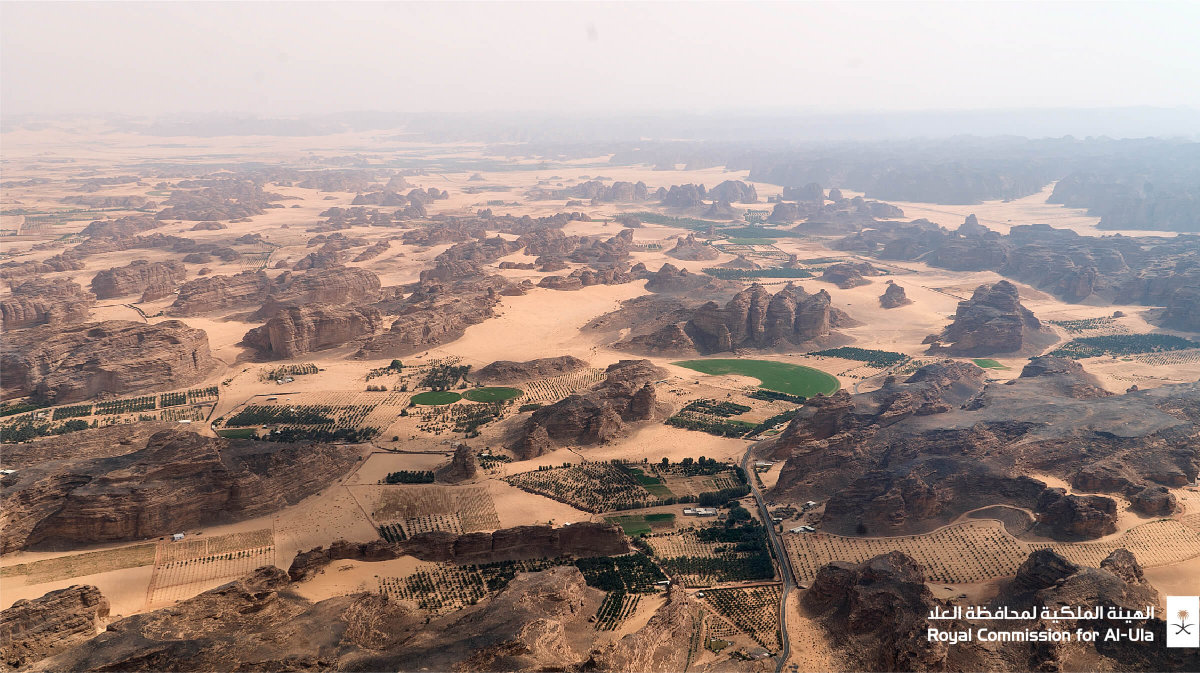
With its striking red hue and chic black collar, the reptile is perfectly adapted to camouflage against the sand and rock of the Hejaz. (RCU)
“We never had this kind of rigorous, scientific knowledge-gathering before,” said Patko. “In the framework of this project, we ‘accidentally’ found this new species.
“It was an accident in the sense that we thoroughly surveyed all our nature reserves and described all the species we could find. We knew some species existed in the reserve but didn’t know their exact numbers or locations.”
Scientists had an inkling that the region could be home to new species. Between 2017 and 2022, geckos and snakes had been observed in the area, but had never been collected and rigorously described. The inventory offered the perfect opportunity to fill in these blanks.
In 2023, the team dedicated their time in the desert to observing animals based on morphology, including the study of their external characteristics, color, scale pattern, and DNA.
DID YOUKNOW?
• Roughly half of AlUla’s territory is taken up by six nature reserves, including the Sharaan Nature Reserve, which spans 1,500 sq. km.
• These reserves are home to more than 1,580 animals from four species that have been successfully reintroduced to the region.
• Through habitat restoration, native species reintroduction, and sustainable practices, AlUla aims to create thriving and harmonious ecosystems.
“Of course, there are occasional ad hoc observations, but if you are out in the field, you work really hard,” said Patko.
“You get up in the desert, you sleep in the desert. You work in the desert with 10-15 different experts. Then, this hard work pays off. It’s a very cool way to get proof of why it’s important to be in the field.”
Using online databases, the team expected to find species like Walterinnesia aegyptia, also known as the desert cobra or desert black snake — indigenous to nearby Khaybar, where the reptile is well camouflaged against the volcanic landscape.
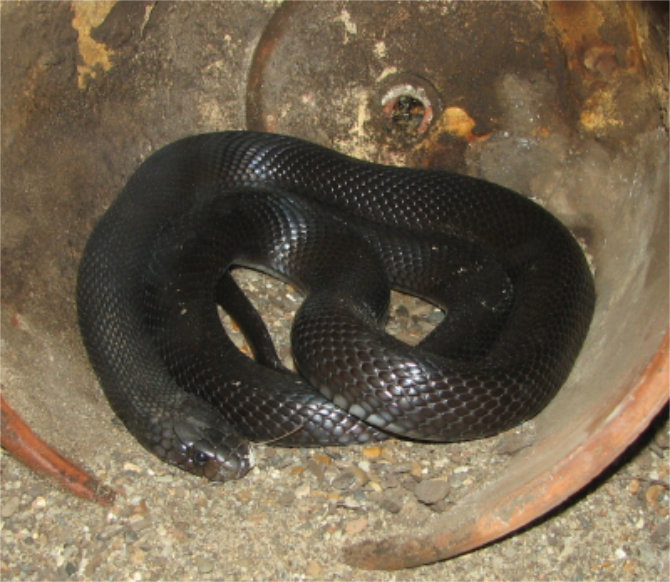
The Walterinnesia aegyptia, also known as the desert cobra or desert black snake, is indigenous to nearby Khaybar, where the reptile is well camouflaged against the volcanic landscape. (Wikimedia Commons)
“Harrat Khaybar is mostly black and gray because of the basalt and the old volcanic activity,” said Patko. “The first individual we found was melanistic — a completely black snake.”
The newly discovered snake, by contrast, is a vibrant red, having evolved to blend in with AlUla’s distinctive red, orange, and yellow color palette. “It was very obvious that this is indeed a new species,” said Patko.
Like many desert dwellers, the snake is nocturnal. “During the day, because of the very hot weather, Rhynchocalamus hejazicus probably hides under rocks,” said Patko. “At night, they come out to hunt for invertebrates, small insects.”
And although it has tiny fangs with which to strike its prey, the snake does not carry venom. It is also relatively small. “It’s a very cool snake; a small snake about 20-30 centimeters long, easy to handle,” said Patko.
According to Patko, there are fewer than 20 snake species known in AlUla, perhaps closer to 18. There remains much to learn about this latest addition to the reptile community.
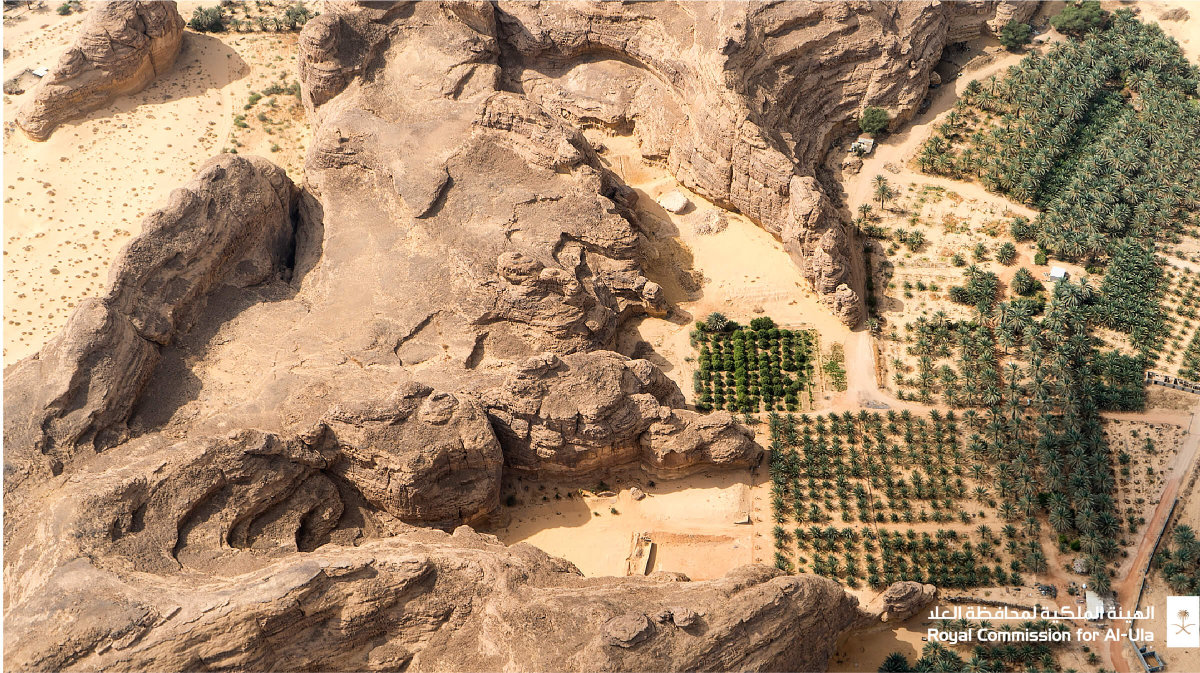
With its striking red hue and chic black collar, the reptile is perfectly adapted to camouflage against the sand and rock of the Hejaz. (RCU)
“We actually don’t know much about their ecology because we just recently described the species. So we can only guess,” said Patko.
“All the snakes we found were alone. Some snakes can gather in one place during winter, but not these.”
One thing Patko believes is clear, however, is the value of AlUla as a thriving natural habitat, making conservation efforts in the region all the more important in the interests of science and biodiversity.
“What’s quite exceptional in this story is how the AlUla deserts can hold these hidden gems,” he said.
